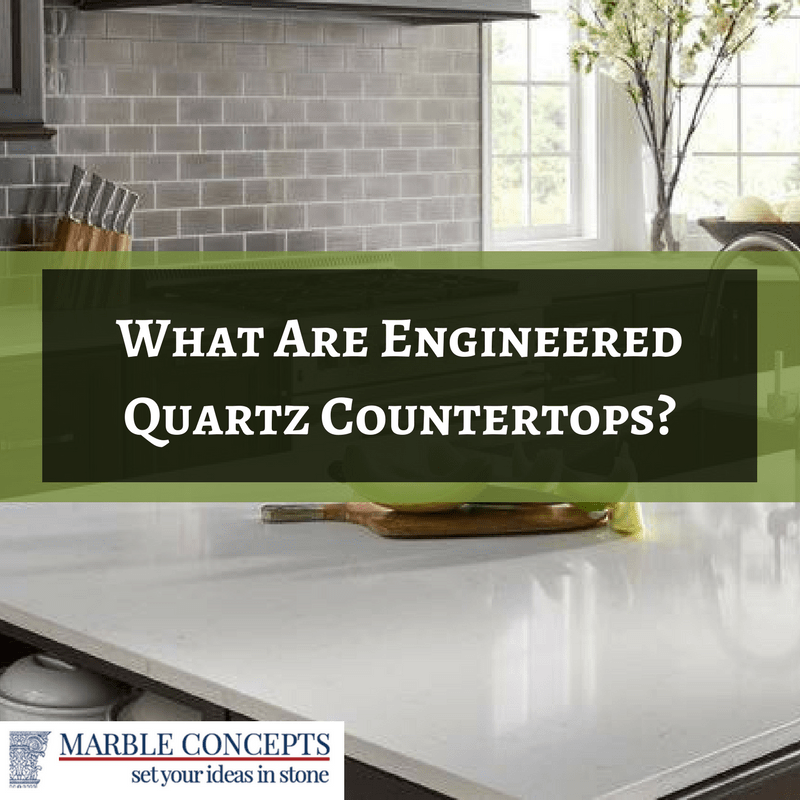Engineered quartz countertops are created by combining quartz with resins, polymer and pigment. It is much stronger than granite or marble and is resistant to staining. Because the countertops are manufactured, it is possible to get multiple slabs that look alike, unlike granite or marble where each slab is different.
Colors, Patterns and Finishes
One of the best features of engineered quartz countertops is that it can be found in a wide range of colors. As mentioned, the color and texture are more consistent than counters made of marble or granite. Some find this a benefit while others find it a deterrent. Quartz Countertop Colors are often in natural shades, ranging from bright white to red and black. The pattern found in the counter depends on how finely the quartz is ground. Coarsely ground stone creates a flecked look while quartz that is finely ground looks smoother. You can even find engineered stone that mimics the look of marble, granite and even cement. It is possible to find the countertops in honed or matte, polished and textured surfaces.
Uses of Engineered Quartz
Because it is hard, non-porous and non-abrasive, engineered quartz can be used as counters, backsplashes, walls and floors. It is heavy as it is created from natural stone, so installation may require reinforcements. It is not recommended for outdoor use as the resins do not do well under UV light. In fact, the warranty is voided by most manufacturers if engineered stone is used outside. It is not recommended as flooring over radiant heat as long-term exposure could cause damage.
Cleaning and Maintaining
Cleaning and maintaining engineered quartz is very easy. Clean the counter every day with mild soap and water. You can even use a light abrasive cleaner, such as Soft Scrub, on stubborn stains. Honed surfaces show more signs of use, like fingerprints, so they may need cleaning more often. They do not need sealing like marble and granite counters.
Price Factor
Engineered quartz countertops are slightly less expensive than medium-range granite, with prices ranging between $70 and $120 per square foot including installation. Prices vary depending on the color, location and configurations. Just like other stone products, if you only need a small amount. Look for remnants as they are often less expensive than the retail quartz countertops price.
Disadvantages to Engineered Quartz
There are a few disadvantages to engineered quartz. They are installed in slabs which means seams are visible. They are not as heat resistant as other types of stones and it is important that you use a trivet or hot pad under pans pulled from the stove. As mentioned it is not recommended outside and in flooring with radiant heat.
Despite its few disadvantages, engineered quartz is an excellent choice for countertops, floors, backsplashes or walls. To learn more, contact us by phone or complete the easy form online to speak to one of our friendly staff members.






